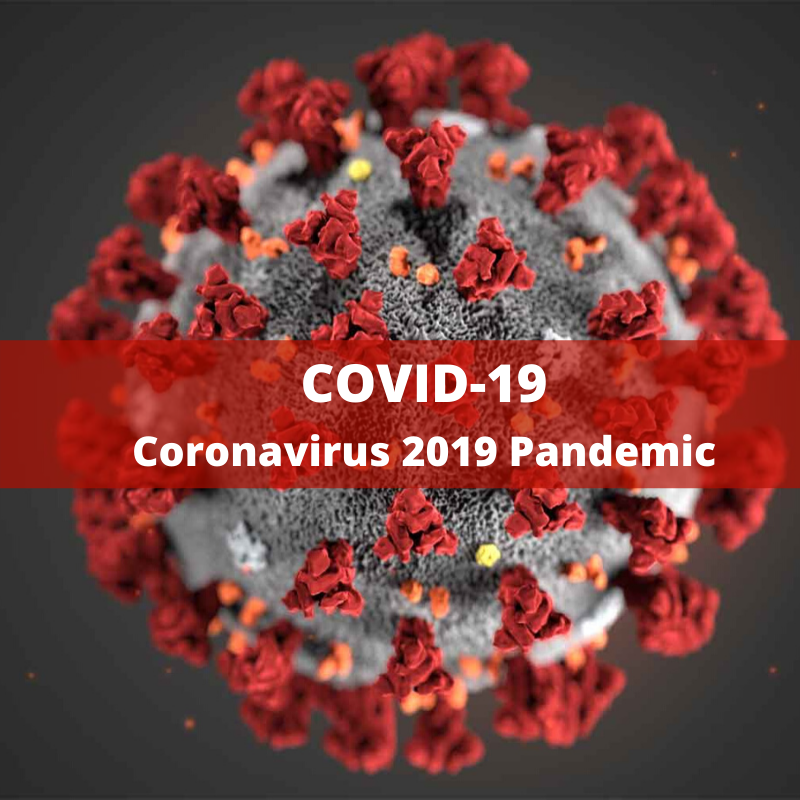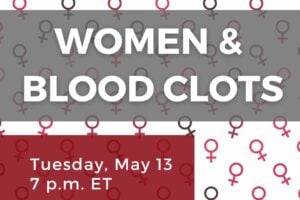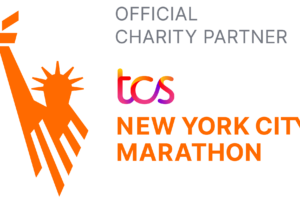The National Blood Clot Alliance (NBCA) stands with the International Society on Thrombosis and Haemostasis (ISTH) in urging the World Health Organization (WHO) to coordinate and share emerging consensus guidance to address the alarming incidence of venous thromboembolism (VTE) among individuals affected by COVID-19.
NBCA, the leading patient advocacy organization in the United States focused on VTE or life-threatening blood clots, joins numerous other advocacy organizations and professional medical societies from around the world to amplify this crucial call-to-action.
“As the complex clinical impacts of this global pandemic continue to emerge, medical experts in hematology and blood disorders continue to sharpen their understanding about the connection between COVID-19 and life-threatening blood clots,” says Alok Khorana, MD, Professor of Medicine, Cleveland Clinic Lerner College of Medicine, and Chair of NBCA’s Medical and Scientific Advisory Board (MASAB). “Therefore, it’s crucial that the collective knowledge and insights of experts in this field are leveraged effectively to fortify the work of our frontline clinicians to help optimize the care of all patients affected by COVID-19.”
Globally, more than 13 million people have been infected with the novel coronavirus to date, and more than 580,000 have died due to COVID-19, with medical experts in the field growing increasingly concerned as data suggest that about one in three individuals critically ill with COVID-19 will develop a potentially life-threatening blood clot. Equally concerning are reports that patients with milder illness, or even those who are asymptomatic or unaware that they are infected with the coronavirus, are developing dangerous blood clots.
ISTH has prepared a consensus statement to highlight for the WHO the urgent need for a systematic approach to VTE prevention, diagnosis, and treatment among individuals affected by COVID-19, as well as the need to implement a systematic approach to VTE among COVID-19 patients in diverse clinical settings around the world. To amplify this critical initiative, ISTH has called on organizations worldwide to help fortify and lend their name to this urgent call-to-action.
“Our organization is committed to ensuring that the highest standards of quality care are recognized by clinicians and accessible to all people affected by clotting disorders, including the unprecedented clotting being reported among individuals affected by COVID-19, or anyone who might experience a potentially life-threatening blood clot,” stresses Leslie Lake, President of NBCA’s Board of Directors and also a blood clot survivor. “The blood disorders community needs to combine its resources and expertise to blunt the impact of blood clots and help build awareness among physicians and patients alike.”
For more information about the risk factors and signs and symptoms of blood clots, visit NBCA’s website at www.stoptheclot.org. The consensus statement from ISTH and supported by NBCA and other organizations can be viewed here: ISTH Consensus Statement Regarding COVID-19 and VTE.
.
.
.
[Posted: July 15, 2020]






